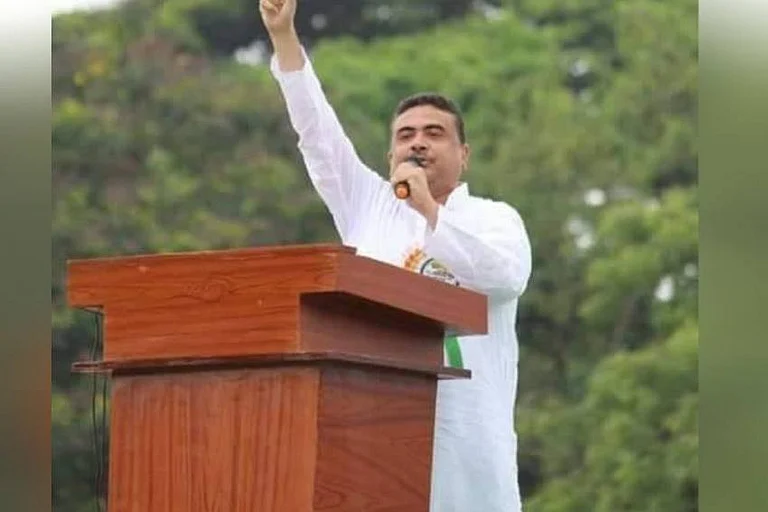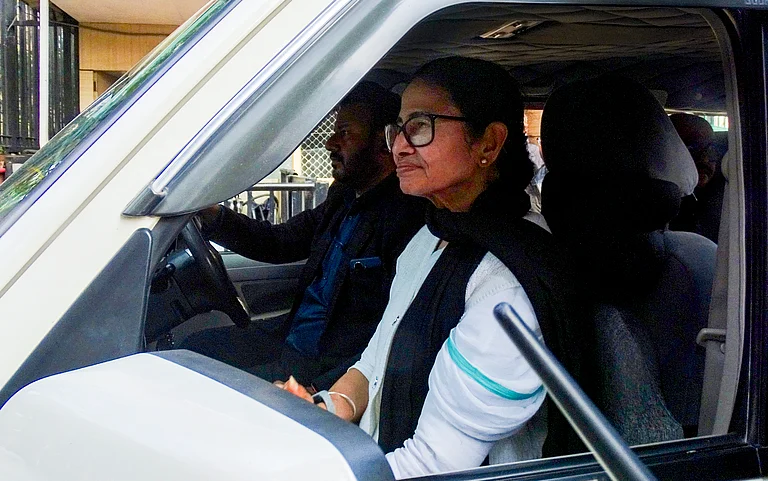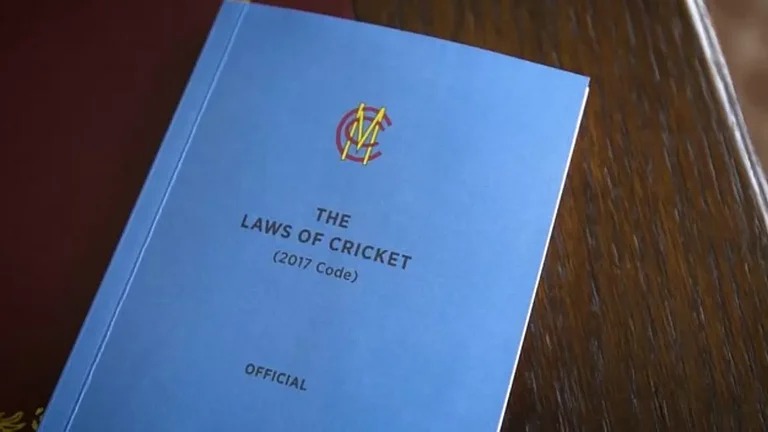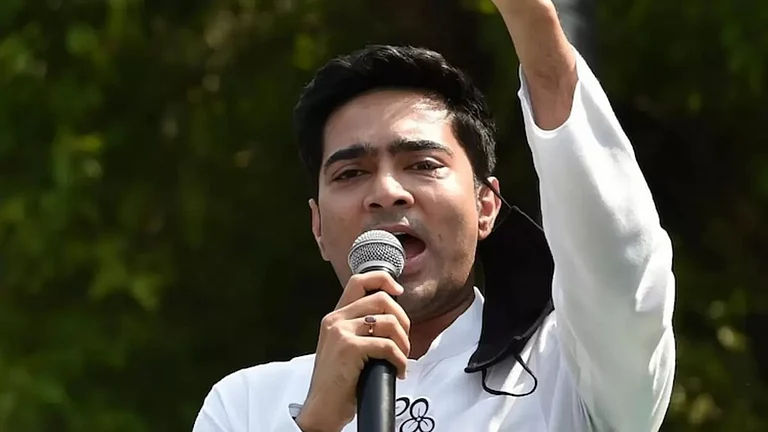
The Supreme Court on Monday said it intends to issue certain directions on a plea urging the Election Commission of India (ECI) to ensure that every political party publishes its memorandum, rules, and regulations on its official website.
A bench comprising Justices Surya Kant, Ujjal Bhuyan, and Joymalya Bagchi issued notices to the Centre and the Election Commission on an application filed by advocate Ashwini Kumar Upadhyay.
The court also asked Upadhyay, who appeared in person, to remind it about the matter on the next date of hearing.
The Supreme Court on Monday said it intends to issue certain directions on a plea urging the Election Commission of India (ECI) to ensure that every political party publishes its memorandum, rules, and regulations on its official website.
A bench comprising Justices Surya Kant, Ujjal Bhuyan, and Joymalya Bagchi issued notices to the Centre and the Election Commission on an application filed by advocate Ashwini Kumar Upadhyay. “Unless there are very strong impediments, we would like to issue certain directions,” the bench observed.
The court also asked Upadhyay, who appeared in person, to remind it about the matter on the next date of hearing.
Addressing Additional Solicitor General KM Nataraj, who represented the Centre, the bench noted that the petition contained “meaningful prayers” and requested him to obtain instructions from the Election Commission regarding the issues raised.
Upadhyay’s interlocutory application, filed in his pending public interest litigation (PIL), seeks a direction to the ECI to mandate all political parties to publish their memorandum, rules, and regulations on the homepage of their official websites and to submit a compliance report to the court.
He has further sought directions to ensure that political parties adhere to their own constitutions and the provisions of Section 29A of the Representation of the People Act, both in letter and spirit, and that the ECI submit periodic compliance reports.
Earlier, on September 12, the apex court had agreed to consider Upadhyay’s plea requesting the Election Commission to frame rules governing the registration and regulation of political parties to uphold secularism, transparency, and political justice. The court had issued notices to the Centre, the ECI, and the Law Commission of India at that time.
In his main petition, Upadhyay alleged that several “bogus political parties” pose a serious threat to Indian democracy by appointing “hardcore criminals, kidnappers, drug smugglers, and money launderers as national and state office bearers after taking huge amounts of money from them.”
“There are no rules and regulations for political parties. Therefore, many separatists have formed their political party to collect donations. Some office bearers of these parties have succeeded in getting police protection also,” the plea stated.
Citing a recent media report, it claimed that the Income Tax Department had uncovered a “fake” political party that was “converting black money into white by deducting 20 per cent commission.”
“Transparency and accountability in the working of political parties are essential in public interest as they perform public function and, therefore, ECI must frame rules and regulations for them,” the petition, filed through advocate Ashwani Kumar Dubey, added.
The plea also noted that the Supreme Court has previously initiated several measures to enhance transparency and probity in public life.
“The move to regulate political parties within the ambit of the Constitution would pave the way for robust democratic functioning,” it stated.
Alternatively, Upadhyay requested that the Law Commission of India study the best practices from developed democracies and prepare a comprehensive report on the registration and regulation of political parties to curb corruption and criminalisation in politics.
With PTI inputs






















.png?w=200&auto=format%2Ccompress&fit=max)




